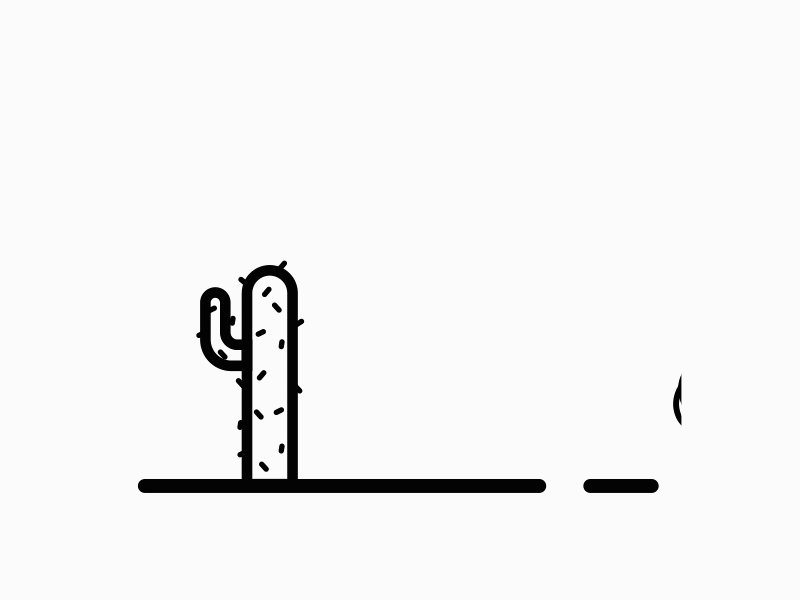

It has come to represent locations that are desolate, dry, and often humorless, with few or no occupants. The tumbleweed's association with the Western film genre has led to a highly symbolic meaning in visual media. Wikipedia's general article on tumbleweeds ends with a discussion of the symbolism of the plant that seems relevant to the current discussion:

Interesting tumbleweed fact: Although tumbleweeds of various plant families are common in parts of the United States (some of them native to North America), one of the largest and in some places most prevalent species west of the Mississippi River is not native to the New World rather, it is a Eurasian species also known as the Russian Thistle ( Kali tragus) and (perhaps most evocatively) as the "wind witch." So it is a sad and lonely feeling (according to the badge namers at Stack Exchange) when you ask a question and few people see it and no one responds to it. I'm just a lonesome tumbleweed/turning end over end./Once I pulled all my roots free/I became a slave to the wind,/a slave to the wind. Lord, I feel like rolling,/rolling along, so keep your big/wind blowing till all my natural/days are gone -/till my days are all gone. I feel like a broken wagon wheel/when I can't hop a slow-moving train/Think I know how a coyote feels/when he's howling just to/ease the pain, since he's been away. I feel like a lonesome tumbleweed/rolling across an open plain,/I feel like something nobody needs/I feel my life drifting away,/drifting away. West is captured by the song "Tumbleweed," by Douglas Van Arsdale (made famous by Joan Baez): The notion of the loneliness of the tumbleweed in the U.S.


 0 kommentar(er)
0 kommentar(er)
